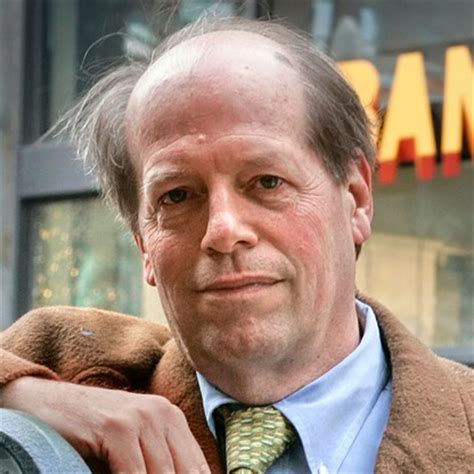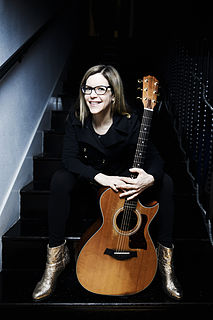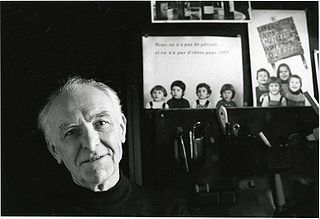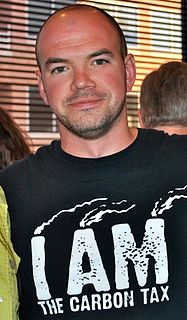A Quote by John Muir
Wilderness is not only a haven for native plants and animals but it is also a refuge from society. Its a place to go to hear the wind and little else, see the stars and the galaxies, smell the pine trees, feel the cold water, touch the sky and the ground at the same time, listen to coyotes, eat the fresh snow, walk across the desert sands, and realize why its good to go outside of the city and the suburbs. Fortunately, there is wilderness just outside the limits of the cities and the suburbs in most of the United States, especially in the West.
Quote Topics
Across
Also
Animals
Cities
City
Cold
Cold Water
Coyotes
Desert
Desert Sand
Eat
Else
Feel
Fortunately
Fresh
Fresh Snow
Galaxies
Go
Good
Ground
Hear
Just
Limits
Listen
Little
Most
Native
Only
Outside
Pine
Pine Trees
Place
Plants
Plants And Animals
Realize
Refuge
Same
Same Time
Sands
See
Sky
Smell
Snow
Society
Stars
States
Suburbs
Time
Touch
Trees
United
United States
Walk
Water
West
Why
Wilderness
Wind
Related Quotes
Water, water, water....There is no shortage of water in the desert but exactly the right amount , a perfect ratio of water to rock, water to sand, insuring that wide free open, generous spacing among plants and animals, homes and towns and cities, which makes the arid West so different from any other part of the nation. There is no lack of water here unless you try to establish a city where no city should be.
One must have a mind of winter to regard the frost and the boughs of the pine trees, crusted with snow, And have been cold a long time, to behold the junipers, shagged with ice, the spruces, rough in the distant glitter of the January sun, and not to think of any misery in the sound of the wind, in the sound of a few leaves, which is the sound of the land, full of the same wind, blowing in the same bare place for the listener, who listens in the snow, and, nothing herself, beholds nothing that is not there, and the nothing that is.
colleges being nothing but grooming schools for the middle-class non-identity which usually finds its perfect expression on the outskirts of the campus in rows of well-to-do houses with lawns and television sets in each living room with everybody looking at the same thing and thinking the same thing at the same time while the Japhies of the world go prowling in the wilderness to hear the voice crying in the wilderness, to find the ecstacy of the stars, to find the dark mysterious secret of the origin of faceless wonderless crapulous civilization.
I grew up in the D.C. suburbs, and what I like about that place is that there's not a strong regional affect in the cultural imagination like there is in Dallas or San Francisco or New York City. You have a little more freedom as a novelist this way. The suburbs become a generic idea, and the place doesn't intrude into the narrative.
A memory from my youth comes back to me. You go into the woods on a bike, with a girl. There is the smell of heather, you can hear the wind in the fir trees, you don't dare tell her about your love, but you feel happy, as if you were floating above the ground. Then you look at the clouds beyond the trees and they are fleeting. And you know that within an hour you'll have to go home, that tomorrow will be a working day. You wish you could stop that moment forever, but you can't, it is bound to end. So you take a photo, as if to challenge time.
Desert springtime, with flowers popping up all over the place, trees leafing out, streams gushing down from the mountains. Great time of year for hiking, camping, exploring, sleeping under the new moon and the old stars. At dawn and at evening we hear the coyotes howling with excitement—mating season.





































